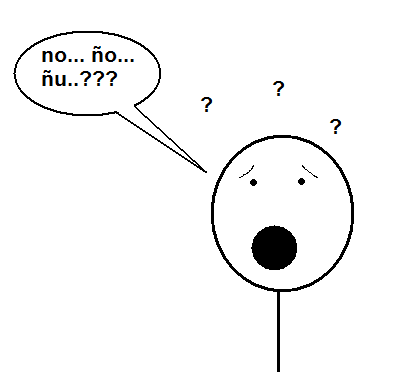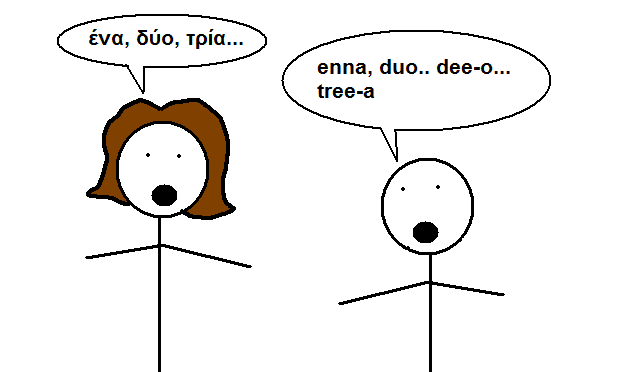Out of the foreign languages I speak, Portuguese is my strongest one (well, after English). Over the years, I’ve compiled a very short list of the resources I use to practice it. I decided to write this post in Portuguese, so it helps if you already have some knowledge of the language, but you’ll be able to catch the references and links as well.
Oi pessoal! Se você me ouvir falar português, você vai saber que não é a minha língua nativa. Eu comecei aprender português há sete meses, porque tenho muitos amigos do Brasil. Normalmente, eu posso falar espanhol com meus amigos e eles podem me entender. Algumas vezes, se não podem me entender, falamos em inglês. Agora, a minha meta é aprender escrever português corretamente. Read more

